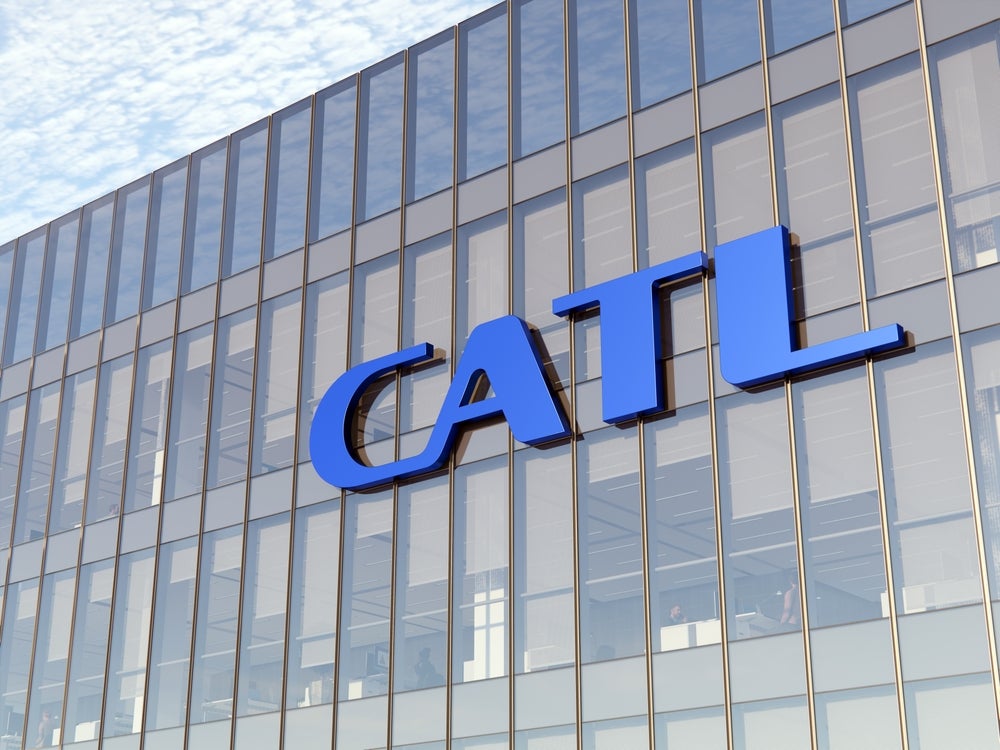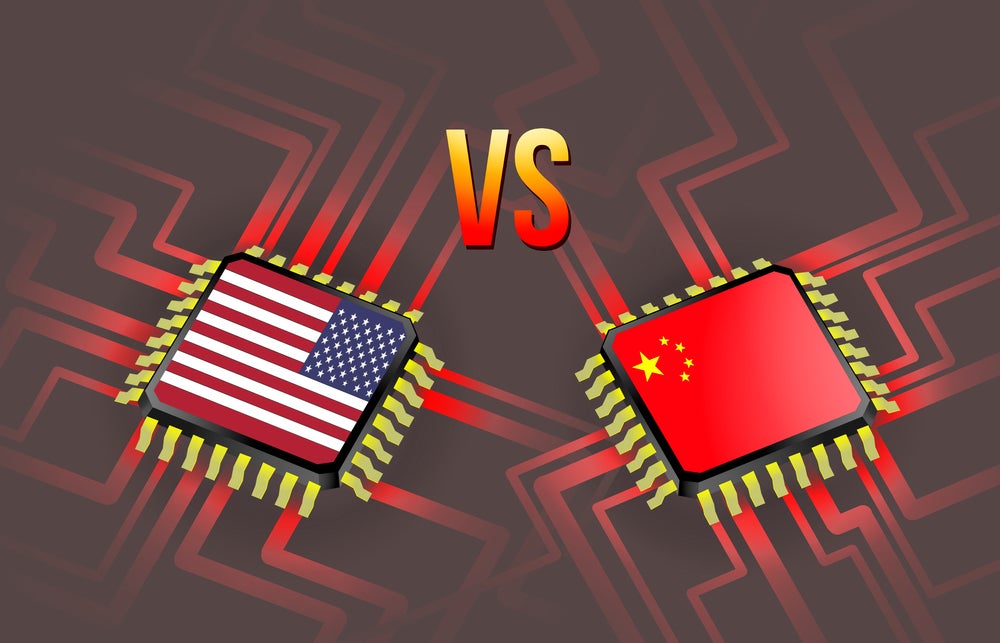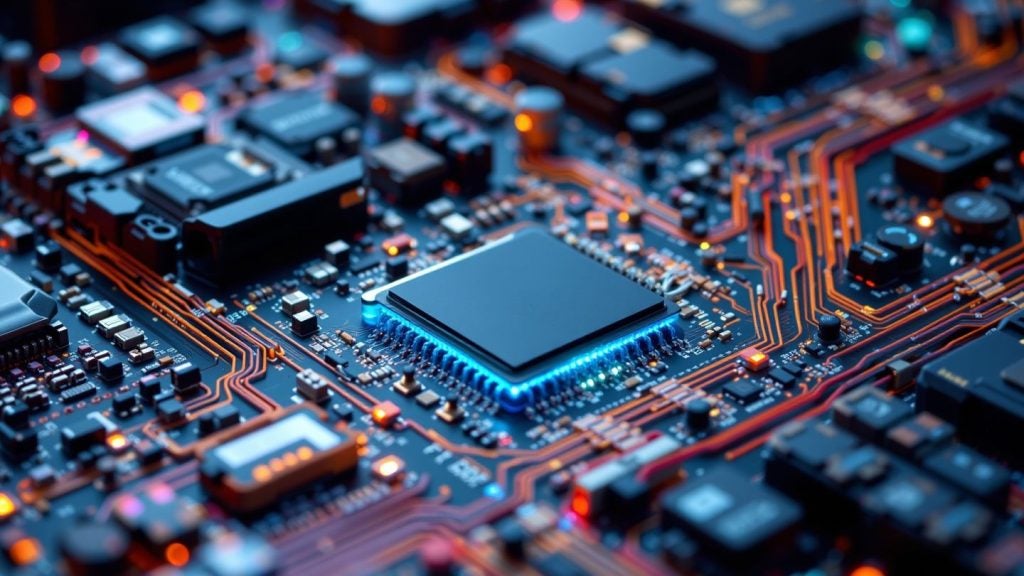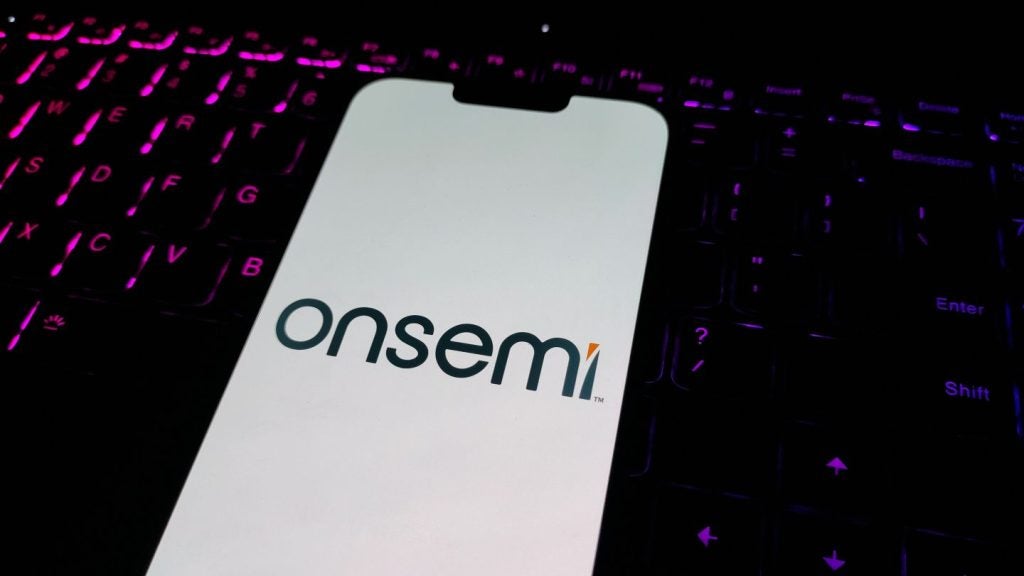
Contemporary Amperex Technology Ltd. (CATL), a Chinese battery manufacturer, has reportedly established a regional subsidiary in South Korea to supply carmaker Hyundai Motors with electric batteries, Korean media reports. This is CATL’s fifth overseas branch after Japan, Germany, the US and France. It is another move by the company to establish itself as the world’s leading lithium iron phosphate battery manufacturer.
The subsidiary will have one regional manager and two employees at the start with the intention of expanding once business gains ground, according to The Elec. The office will be set up in the Gangnam district in Seoul.
The Chinese battery maker secured orders from Hyundai in February for its Electric Global Modular Platform (E-GMP), Hyundai’s electric vehicle (EV) department. According to Chinese media, the order number exceeded 10bn yuan (US$1.57bn). CATL recently also signed a partnership with the carmaker to supply cell to pack (CTP) technology.
With CTP batteries, the cells are integrated directly into the battery pack rather than the modules which make up traditional battery packs. With the new technology, the intermediate step of the modules can be eliminated, increasing the system energy density of battery packs, simplifying manufacturing processes and also saving costs.
CATL is also planning to sell its energy storage system in South Korea, The Elec reported, citing people familiar with the matter.
In May, Hyundai established its battery pack joint venture with LG Chem called HL Green Power. Other significant battery suppliers in South Korea include SK On, Samsung SDI and LG Energy Solution – a spin-off from LG Chem – which is also a primary supplier for GM and Tesla.
CATL is the largest Chinese lithium-ion (Li-ion) battery manufacturer and the second-largest in the world behind LG Energy Solution, according to GlobalData’s thematic analysis. It has supplied batteries to numerous international car manufacturers, including Daimler, BMW and Tesla, along with Chinese automakers including FAW, Geely, BAIC, Dongfeng and SAIC.
CATL’s production capacity in 2020 stood at 109GWh. That is enough for roughly 1.8 million mid-sized EVs, assuming they use a 60kWh battery pack. The company has stated that it intends to ramp up its battery production capacity to around 336 GWh in 2023.
Li-ion batteries are the current standard for portable energy storage, whether in EVs, smartphones or wall-mounted power packs to supplement a house’s energy demand. Compared with lead-acid or nickel-metal-hydride-based batteries, Li-ion cells can store more energy for a given weight and volume and permit faster recharging and discharging. These properties make them ideal for energy storage for electric cars, where great energy density in a lightweight package is essential.
The benefits of Li-ion cells are best understood in comparison to traditional combustion engine vehicles. Fuel tanks contain tremendous amounts of chemical potential energy but, due to inefficiencies of combustion engines, only a proportion of that energy makes it to the wheels as kinetic energy, with the rest lost as heat, sound and light.
The best production combustion engines usually only turn 30% to 40% of the fuel’s energy into kinetic motion. Electric motors, on the other hand, can achieve efficiencies of 99% – turning almost all the energy drawn from the battery into kinetic motion.
The main challenges that persist today are costs. Around a decade ago, Li-ion cells cost more than $1,000 per kWh. Nowadays, the cost has dropped below $200 per kWh and is expected to drop to below $100 per kWh over the next five years. This will allow EV manufacturers to compete with combustion-powered cars at a similar price.







